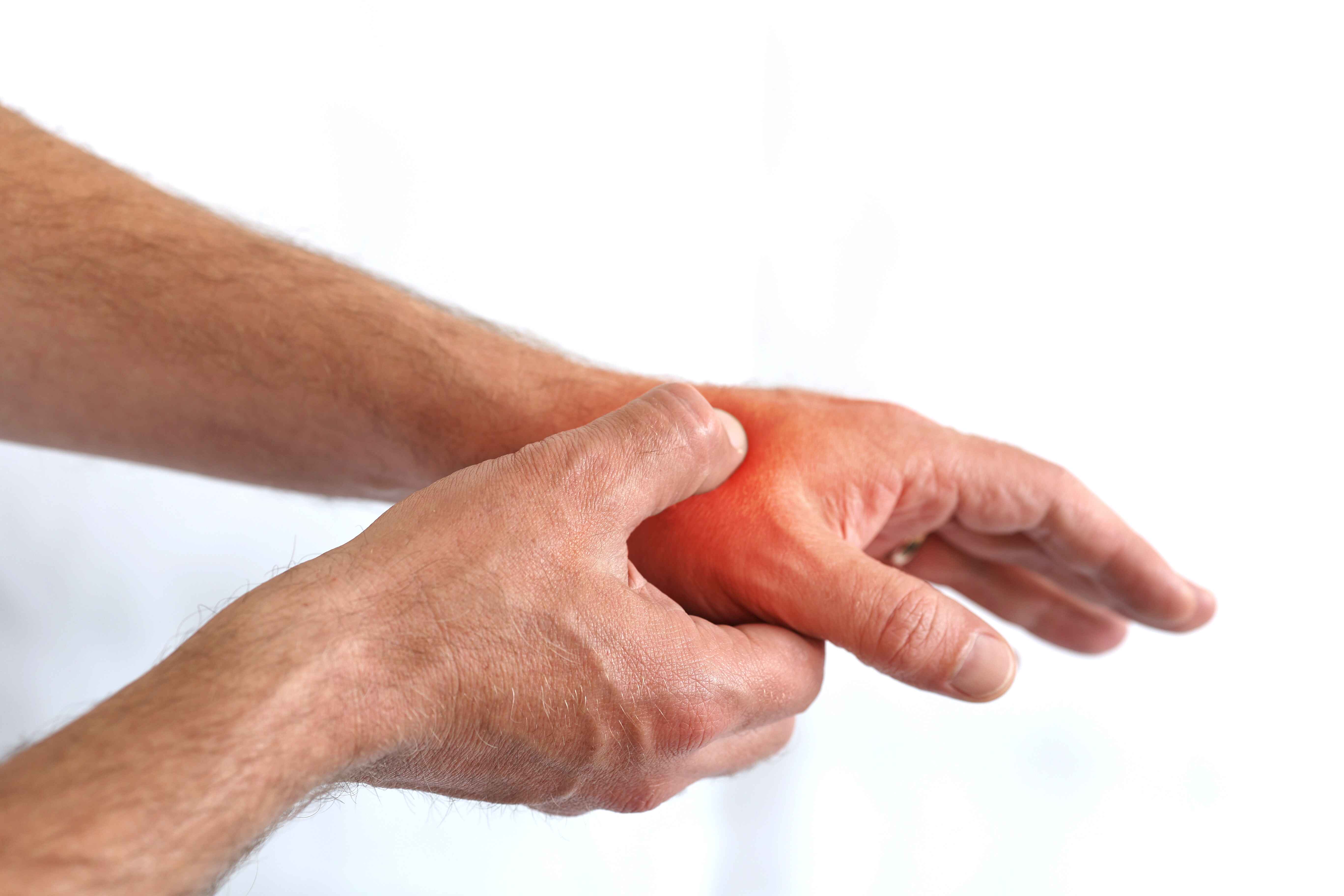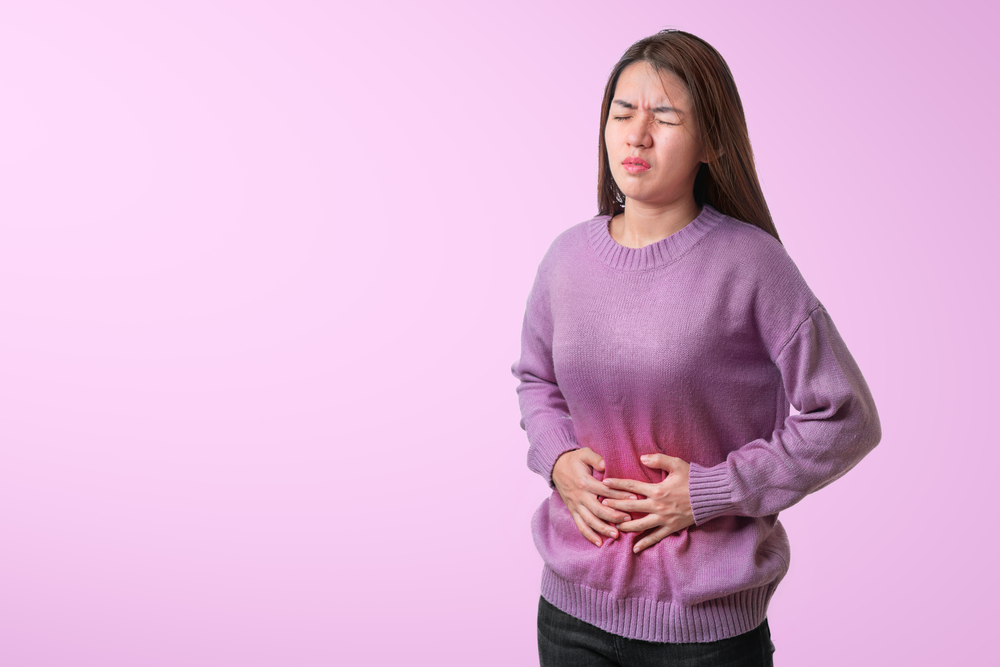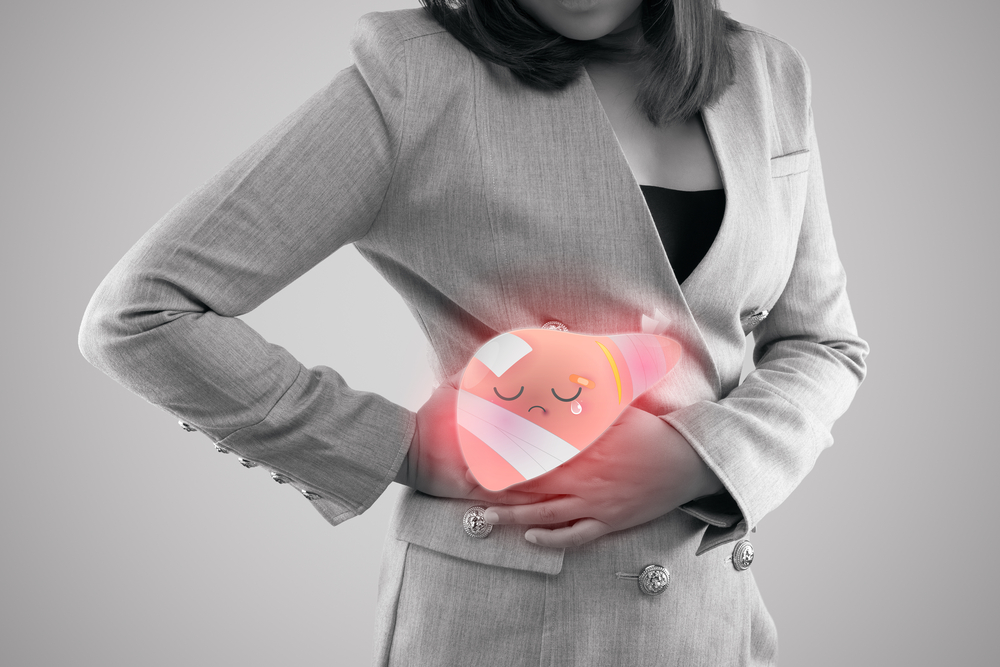Anxiety: Symptoms, Causes, Treatment, Causes & Types
Written By: Dr. Laila Adel Mahmoud
Updated On:December 25, 2023

What is Anxiety Disorder?
Everyone experiences anxiety when it comes to important decisions that could impact milestones or uncertainties surrounding daily situations. While the emotions of fear and worry might come and go for some, others live constantly overwhelmed by them, and hence suffer from anxiety disorder.
The signs of anxiety include many physical changes, alongside its mental symptoms. A number of treatment options are available to help people with anxiety disorder live a better life.
Symptoms & Signs of Anxiety Disorder
The most prominent sign of anxiety disorder are recurrent intrusive thoughts and exaggerated responses to them. A person suffering from anxiety is more likely to avoid situations that may draw attention to them or trigger their anxiety otherwise. This often results in them showing a lack of initiative and possibly even abandoning hobbies they might have previously enjoyed.
A state of excessive stress throws your sympathetic nervous system into overdrive, causing the symptoms of anxiety disorder to extend to more noticeable, physical functions:
- Rapid heart beat
- Rapid breathing
- Sweating
- Shivering or trembling
- Nausea and vomiting
- Disturbances of your gastrointestinal system, causing pain or diarrhea
- Fatigue
- Diminished ability to concentrate
- Having trouble falling asleep
When to See a Doctor for Anxiety
Normally, discussing your worries with a trusted individual such as your spouse or friend can help curb anxiety. However, if you still find yourself worrying excessively, or having trouble overcoming past trauma to the point that the symptoms of anxiety disorder begin affecting your overall well-being, you should seek help.
What Causes Anxiety?
Doctors have been unable to isolate a definitive cause of anxiety. However, it is suspected that a variety of factors may work together to cause anxiety. These can include:
- Trauma
- Going through prolonged, stressful experiences
- Withdrawal from alcohol or other recreational drugs
- Medical conditions such as diabetes, hyperthyroidism or heart disease
- Using certain medication such as benzodiazepines
- Genetic abnormalities
- Abnormal chemical activity in the brain
Less frequently, tumors that elevate hormones that trigger your fight-or-flight system could also cause symptoms of anxiety disorder. Additionally, women are more prone to suffering from anxiety disorder which brings into question the contribution of hormones in the course of the disorder.
Types of Anxiety Disorders
Anxiety disorder can take many forms, such as:
- Generalized Anxiety Disorder (GAD): Worrying uncontrollably, even about matters that normally wouldn’t disturb you much.
- Panic Disorder: Sudden and random episodes of panic, with anxiety symptoms such as your heart pounding, profuse sweating and feeling helpless.
- Separation Anxiety: This refers to being afraid for people you care about, thinking you might lose them or that they may suffer from some mishap.
- Social Anxiety: Avoiding crowds and social situations from the fear of being judged or embarrassing yourself in some way.
- Phobias: Certain everyday objects or situations may trigger symptoms of anxiety, causing you to display abnormal levels of fear towards them.
- Selective Mutism: A person who normally talks in some places might avoid talking in others, such as school.
- Agoraphobia: The fear of places where you might feel trapped or find it difficult to escape in case an emergency occurs.
The symptoms of anxiety disorder may also overlap with those of other mental disorders such as:
- Obsessive-Compulsive Disorder (OCD)
- Post-Traumatic Stress Disorder (PTSD)
Risk Factors for Anxiety Disorder
You might be at greater risk of developing anxiety disorder if you are exposed to the following factors:
- Family history of anxiety disorder
- Having other mental illnesses, especially depression
- Women are more likely to develop anxiety disorder than men
- Trauma or stress for long durations
- High alcohol consumption
- Drug abuse
- High caffeine consumption
- Medical conditions, such as heart disease or hyperthyroidism
Complications of Anxiety Disorder
Anxiety disorder can have debilitating effects on the quality of your life, causing complications such as:
- Development of other mental illnesses, especially depression
- Insomnia
- High blood pressure and heart disease
- Bowel disturbances
- Isolation
- Suicidal ideation and tendencies
Diagnosis of Anxiety Disorder
When you visit your doctor with that idea that you might have anxiety, they will first evaluate your overall health before moving to more direct questioning. This is important to rule out any underlying medical conditions that might be responsible for symptoms of anxiety.
Generally, anxiety is not easy to diagnose unless you begin showing extreme changes in behavior. A set of tests may be used by mental health experts to confirm if you have an anxiety disorder. These tests are usually questionnaires that assess your symptoms or degree of stress to help diagnose generalized or specific anxiety disorders. Your doctor might use:
- Beck Anxiety Inventory
- Zung Self-Rating Anxiety Scale
- Hamilton Anxiety Scale
- Social Phobia Inventory
- Penn State Worry Questionnaire
- Generalized Anxiety Disorder Scale
- Yale-Brown Obsessive Compulsive Scale
Considering how symptoms of anxiety can be triggered by multiple factors including drug abuse, hormonal activity or your routine, you should be completely honest when giving your history.
Diagnostic Criteria for Generalized Anxiety Disorder
According to the Diagnostic and Statistical Manual for Mental Disorders, an individual must meet the following criteria to be diagnosed with generalized anxiety disorder:
- Excessive worrying for six months or more
- Experiencing at least 3 of the following symptoms of anxiety disorder (1 in the case of children):
- Fatigue
- Irritability
- Muscle ache or soreness
- Difficulty in sleeping
- Inability to concentrate
- Restlessness
- Failure to control one’s thoughts or hesitance in discussing triggering topics
- Symptoms must not result from substance abuse
- Symptoms must not result from another mental illness or health condition
Treatment of Anxiety
In many cases, anxiety can be managed at home by taking care of your diet and sleep. If you are at risk of developing an anxiety disorder, or have been diagnosed with it, you should avoid drinking too much alcohol or caffeinated beverages to prevent anxiety from spiking. It is important to recognize triggers of stress that might cause an anxiety disorder, and avoid them as much as possible. Guided meditation for stress and anxiety is a good way to control anxiety symptoms. It is also known as guided imagery therapy, and involves visualizing situations or places that you find soothing.
For more severe cases, treatment of anxiety disorder may follow one of two possible routes, or both:
-
Psychotherapy: A psychologist could help you rationalize your thoughts and introduce you to different strategies that you can use to deal with anxiety surrounding various situations, known as cognitive-behavioral therapy (CBT).
-
Medication: Anxiety symptoms can be dealt with using antidepressants and anti-anxiety drugs. Beta-blockers may be prescribed to provide short-term relief as they depress your body’s response to stress.
How to Prevent Anxiety?
You can prevent anxiety by making some easy adjustments to your lifestyle. A few factors that can help you maintain healthy mental and physical health include:
- Exercising regularly
- Maintaining a healthy sleep schedule
- Eating a balanced diet
- Avoiding alcohol, smoking or high quantities of caffeine
- Communicating your feelings openly with loved ones or writing them down
- Doing things more often that bring you comfort
- Avoiding tasks as much as possible that you might find stressful
To understand more about the causes, diagnosis and treatment of anxiety, get in touch with us.
Meet our doctors from the Psychiatry department



















